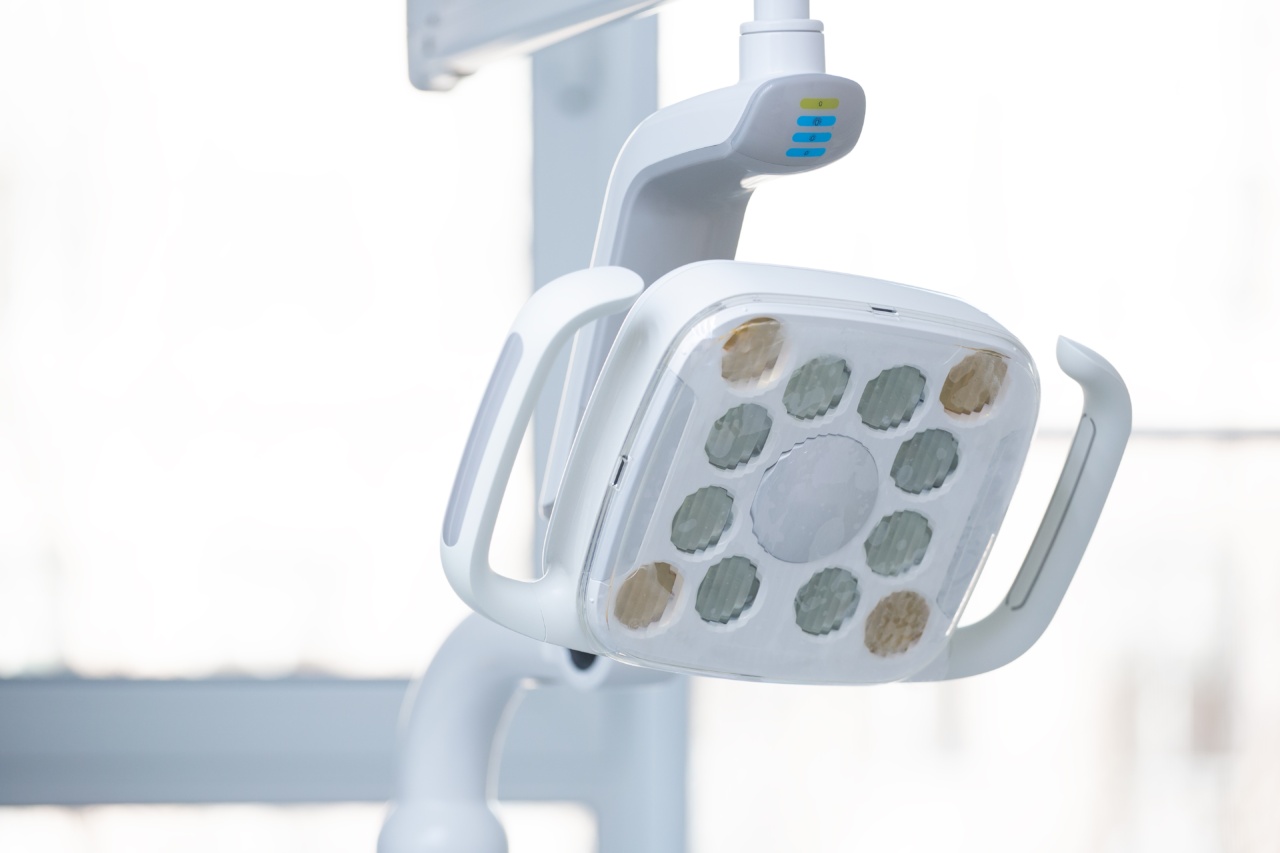Feeling under the weather and constantly getting sick are signs that your immune system might not be as strong as it should be. Your immune system is responsible for protecting your body against harmful pathogens that can cause illnesses.
Boosting your immune system strengthens your body’s natural defense mechanisms, decreases your risk of getting sick, and promotes overall health and well-being. Here are eight ways to boost your immune system and stay healthy:.
1. Get Enough Sleep
Sleep is essential for your overall health and well-being, and it plays a critical role in your immune system. During sleep, your body produces cytokines, proteins that help fight off infections and inflammation.
A lack of sleep can lower the production of cytokines, making it harder for your body to fight off infections. Sleep also helps you feel rested and refreshed, which can improve your mood, increase your energy levels, and boost your mental clarity. The National Sleep Foundation recommends adults get 7-9 hours of sleep each night.
2. Eat a Healthy Diet
A healthy diet provides the essential nutrients your body needs to function properly, including your immune system.
Eating a diet rich in fruits, vegetables, whole grains, lean protein, healthy fats, and low in processed foods and added sugars can help support your immune system. Some specific foods that are immune boosters include garlic, ginger, turmeric, citrus fruits, spinach, yogurt, and nuts and seeds.
3. Exercise Regularly
Regular physical activity is not only good for your physical health, but it can also help boost your immune system. Exercise can increase the production of antibodies and white blood cells that fight off infections.
It can also reduce inflammation in the body, which can have a positive effect on your immune system. Aim for at least 30 minutes of moderate-intensity exercise most days of the week.
4. Manage Stress
Chronic stress can weaken your immune system and increase your risk of getting sick. When you are stressed, your body releases cortisol, a hormone that can suppress the immune system.
Finding ways to manage and reduce stress can help boost your immune system. Some effective stress-reduction techniques include meditation, deep breathing, yoga, spending time in nature, and engaging in enjoyable hobbies or activities.
5. Practice Good Hygiene
One of the most effective ways to prevent the spread of germs and viruses is by practicing good hygiene. Wash your hands frequently with soap and water for at least 20 seconds, especially before eating or touching your face.
Cover your mouth and nose with a tissue or your sleeve when coughing or sneezing. Avoid touching your face, especially your eyes, nose, and mouth, as these are entry points for germs. Stay home when you are sick to avoid spreading illness to others.
6. Stay Hydrated
Drinking enough water is essential for your overall health and well-being, including your immune system.
Water helps flush toxins out of your body, keeps your cells hydrated, and aids in the production of lymph, a fluid that helps remove toxins and waste from the body. Aim for at least eight 8-ounce glasses of water per day.
7. Get Regular Health Checkups
Regular health checkups can help detect any underlying health conditions that may be weakening your immune system. Your doctor can also provide recommendations and guidance on how to improve your immune system.
Regular checkups can also help identify any health problems early on, making them easier to treat.
8. Take Supplements
There are several immune-boosting supplements available that can help support your immune system. Some of the most commonly used supplements include vitamin C, vitamin D, zinc, and probiotics.
However, it’s important to note that supplements should never replace a healthy diet and lifestyle. Always speak with your doctor before taking any supplements.































